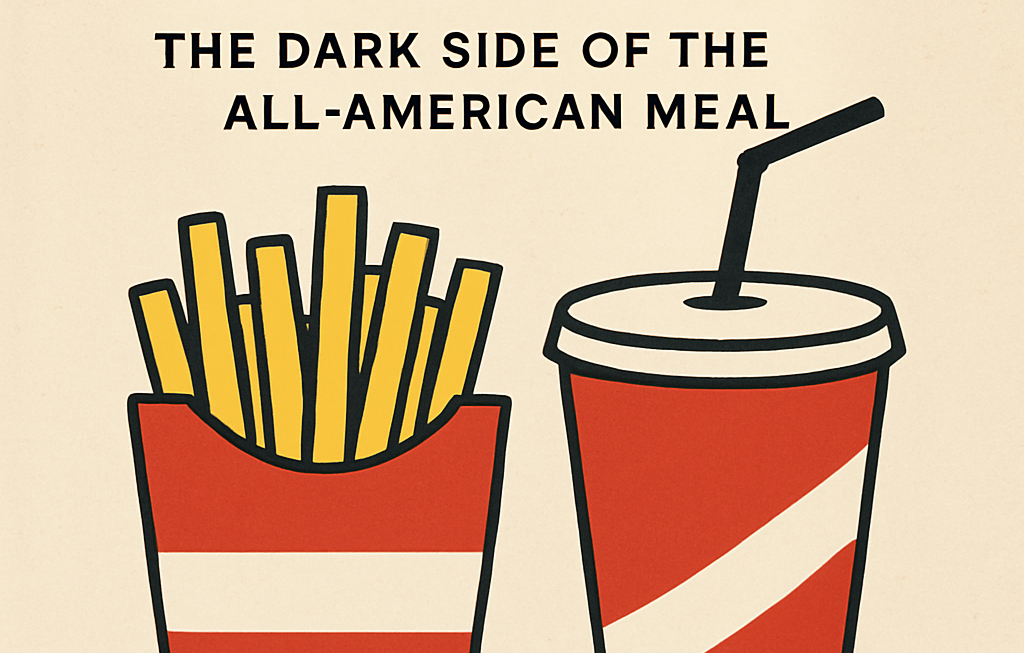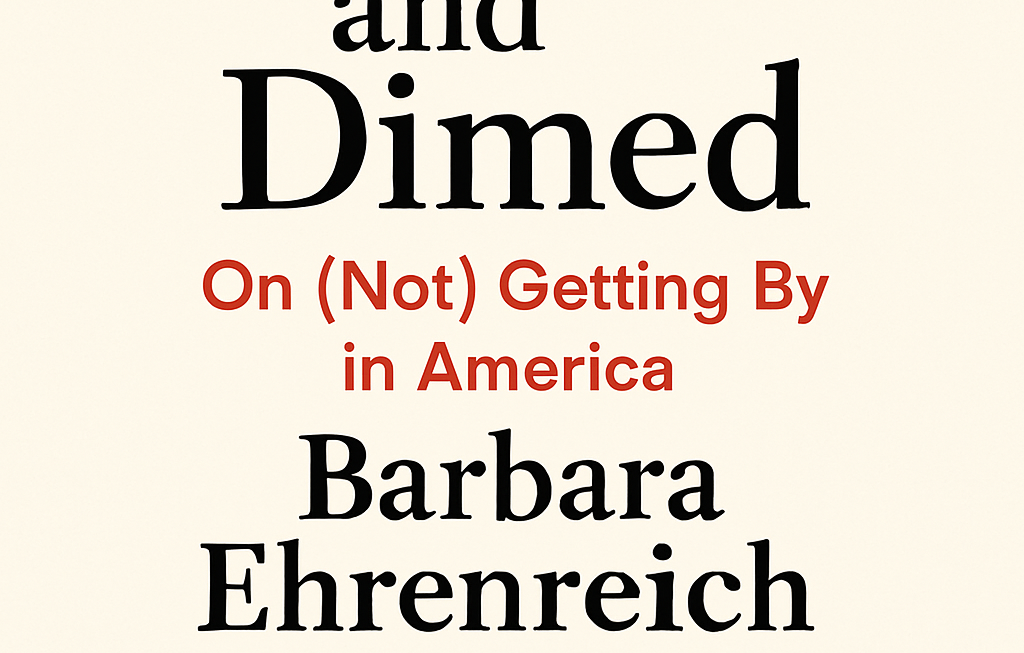The Enduring Legacy of Fast Food Nation: A Conversation with Eric Schlosser
Twenty-two years after its publication, Eric Schlosser’s Fast Food Nation: The Dark Side of the All-American Meal remains a chillingly relevant indictment of the American fast-food industry. More than just a critique of greasy burgers and fries, Schlosser’s book is a meticulously researched exposé that dissects the complex web of economic exploitation, environmental degradation, and public health crises interwoven into the seemingly simple act of grabbing a quick bite. Schlosser, a master of investigative journalism, doesn’t shy away from the grim realities, weaving together compelling narratives of workers struggling in inhumane conditions, the devastating impact on the environment, and the insidious creep of unhealthy eating habits into the very fabric of American culture. His prose, sharp and insightful, manages to be both deeply disturbing and undeniably engaging, prompting readers to confront uncomfortable truths about the food system they are complicit in. This powerful blend of investigative journalism and compelling narrative established Schlosser as a pivotal figure in contemporary non-fiction, transforming the public conversation around food politics and consumerism. His unflinching gaze, honed over years of documenting societal ills, extends beyond the burger joint, examining the intersection of corporate power, globalization, and the ethics of consumption in ways that continue to resonate deeply.
A Dialogue with Eric Schlosser
- 1. Your book didn’t just critique fast food; it connected it to broader societal issues. Looking back, what aspects of that connection surprise you most in hindsight?
What’s surprised me most is the extent to which the problems I identified have intensified. The concentration of power in the food industry is even greater now, leading to further exploitation of workers and a less diverse, more environmentally damaging food system. The predictions I made about the growth of obesity and related health problems have unfortunately come true in a dramatic way. The systemic issues are entrenched and far more resistant to change than I initially hoped.
- 2. You’re known for meticulous research. Can you describe the most challenging aspect of fact-finding for *Fast Food Nation*, and how you overcame it?
Gaining access to the inner workings of the fast-food industry was incredibly difficult. Many companies were extremely resistant to cooperating, and information was often guarded closely. I had to rely heavily on interviews with former employees, whistleblowers, and industry experts, carefully corroborating their accounts through extensive secondary research, public records, and a persistent pursuit of the facts. This process was painstaking, but the resulting detail, I believe, was worth the effort.
- 3. Critics have described your style as both compelling and alarmist. Do you feel a responsibility to temper your conclusions for a broader audience, or is the alarm warranted?
I believe the alarm is entirely warranted. While I strive for accuracy and nuance, the issues are so serious and consequential that downplaying them would be irresponsible. My goal is to present the evidence clearly and let readers draw their own conclusions, but I’m not going to sugarcoat the problems facing our food system. The facts speak for themselves, and they are, frankly, alarming.
- 4. How has the digital age, with its instant access to information and social media activism, impacted the conversation sparked by your book?
The digital age has undeniably amplified the conversation, allowing for a wider dissemination of information and a greater level of public engagement. However, it’s also created a more fragmented and polarized landscape, making it harder to establish shared facts and consensus on solutions. The ease of spreading misinformation also presents a challenge. Yet, the ability to organize and connect with others through digital means has created opportunities for positive change, too.
- 5. Beyond fast food, your work consistently examines the intersection of power, economics, and human cost. What drives this ongoing focus?
I’m driven by a deep-seated belief in the importance of social justice and a desire to understand and expose systemic inequalities. Whether it’s the fast-food industry, the black market, or the nuclear arms race, these systems are often designed to benefit a small elite at the expense of many. Exposing these inequalities is, to me, a critical responsibility of investigative journalism.
- 6. Has your perspective on the fast-food industry evolved since the publication of *Fast Food Nation*? If so, how?
My perspective has certainly evolved in terms of understanding the complexities of the industry’s resilience and the challenges of systemic change. While the core problems remain, the industry has attempted various strategies for adapting to changing consumer preferences and responding to criticism. These changes are often superficial, however, and don’t address the underlying issues of labor exploitation and environmental damage.
- 7. What are some of the most significant policy changes you believe are needed to address the issues raised in your book?
Significant policy changes are needed at multiple levels: increased regulation of the meatpacking industry to improve worker safety and animal welfare; stronger environmental regulations to reduce the industry’s carbon footprint; and measures to support smaller, more sustainable food production systems. Furthermore, we need policies that address the economic inequalities that make fast food such an attractive option for many.
- 8. Your work has influenced countless documentaries and films. What’s your perspective on these adaptations, and how closely do they reflect your intentions?
I’m grateful that my work has inspired filmmakers and documentaries. While I appreciate their efforts in raising awareness about the issues, it’s inevitable that adaptations will take their own creative liberties. My main hope is that they remain faithful to the spirit of the investigation and the core message of the book. Ultimately, each adaptation represents its own interpretation of the subject matter.
- 9. If you could offer one piece of advice to aspiring investigative journalists, what would it be?
Persistence is key. Investigative journalism requires tremendous patience, resilience, and a willingness to follow leads wherever they may lead, even if the path is arduous and frustrating. You need to be prepared to spend a significant amount of time researching, interviewing, and verifying facts. Never give up on the truth.
- 10. Many readers consider *Fast Food Nation* a landmark work. What do you see as its most enduring legacy?
I hope its enduring legacy is its contribution to a more informed and engaged public discourse about food and the broader societal implications of our consumption habits. I hope it serves as a wake-up call, prompting readers to examine the food choices they make and to demand greater transparency and accountability from the food industry. Ultimately, I hope it helps to create a more just and sustainable food system.



